Search
Research
Overnight monitoring of sleep biomechanics: A scoping reviewBody position and movement during sleep is assessed for both clinical and research purposes. A diverse array of both assessment tools and classification systems are used to capture and code sleep biomechanics data.
Research
Parents’ Disclosure of Their Child’s Health and Neurodevelopmental Conditions: A Systematic Review and Qualitative MetasynthesisParents of children with physical/mental health and/or neurodevelopmental conditions often need to make disclosure decisions for their child. Disclosure can bring benefits (e.g., support) but can also risk harm (e.g., stigma). This systematic review aimed to consolidate research regarding parents' disclosure experiences to better understand how to support parents during this process.
Research
tesG expression as a potential clinical biomarker for chronic Pseudomonas aeruginosa pulmonary biofilm infectionsPseudomonas aeruginosa infections in the lungs affect millions of children and adults worldwide. To our knowledge, no clinically validated prognostic biomarkers for chronic pulmonary P. aeruginosa infections exist. Therefore, this study aims to identify potential prognostic markers for chronic P. aeruginosa biofilm lung infections.
Research
Suppressing recurrence in Sonic Hedgehog subgroup medulloblastoma using the OLIG2 inhibitor CT-179OLIG2-expressing tumor stem cells have been shown to drive recurrence in Sonic Hedgehog (SHH)-subgroup medulloblastoma (MB) and patients urgently need specific therapies to target this tumor cell population.
Research
Intravenous Iron-Induced Hypophosphatemia in Surgical PatientsThis study explores the incidence of preoperative hypophosphatemia and whether hypophosphatemia may have affected patient or trial outcomes for those who received ferric carboxymaltose
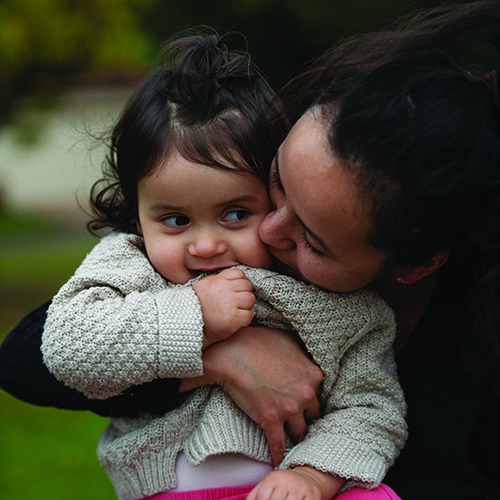
Patricia Ilchuk can still recall the day in August 2020 when her daughter Manna – then five weeks old – had her first seizure.
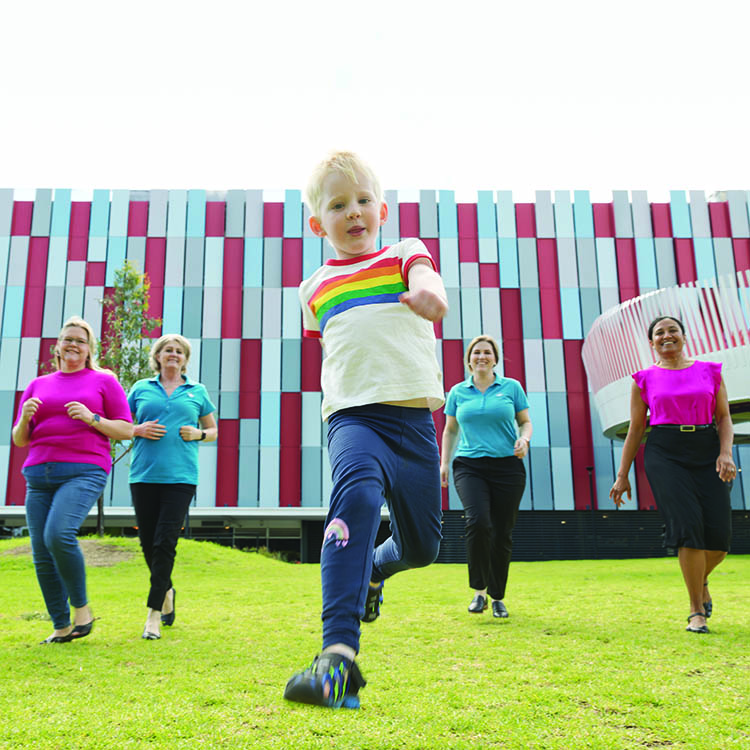
A world-first study led by Dr Aveni Haynes at The Kids’ Rio Tinto Children’s Diabetes Centre, is helping to detect early changes in blood sugar levels.
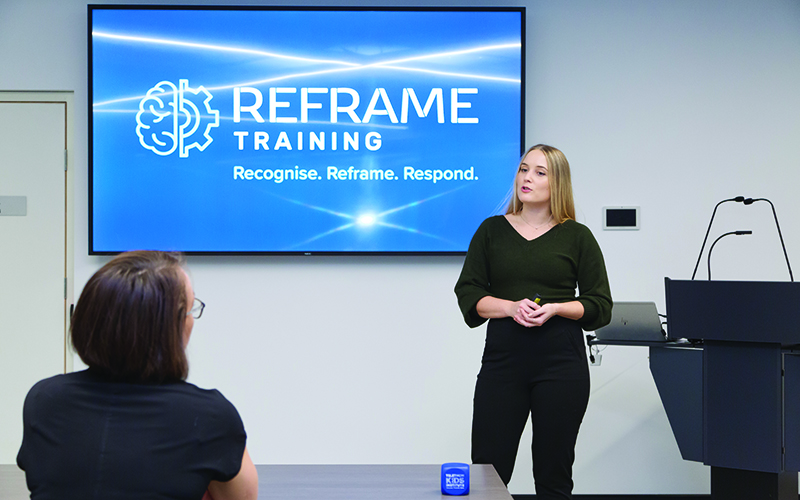
Findings from the Banksia Hill Project revealed 89% of young people in detention who were assessed as part of the project had at least one form of severe neurodevelopmental impairment.
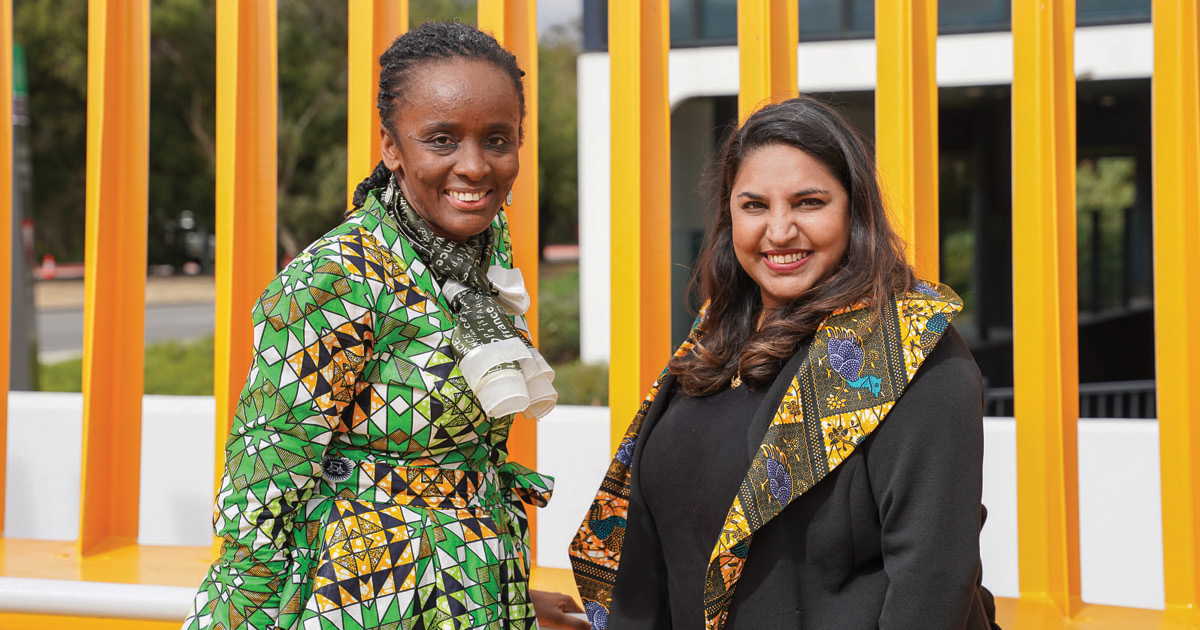
The Kids Research Institute Australia is at the forefront of a global effort to track and prevent malaria – one of the world’s leading causes of disease and child deaths, particularly in developing countries.
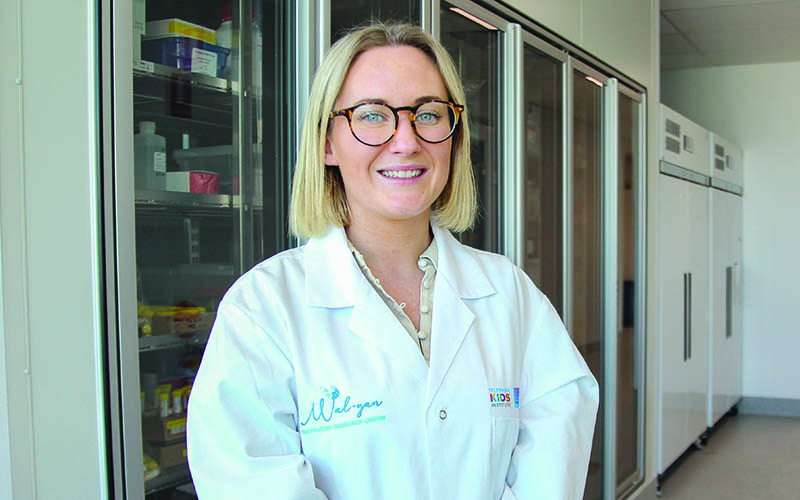
Researchers have made a world-first discovery on how to prevent severe respiratory infections in babies.
